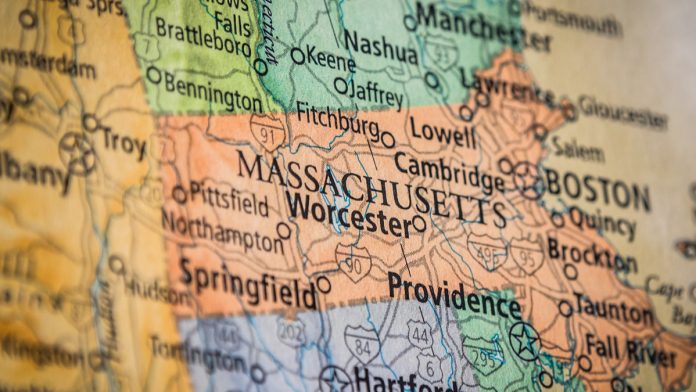Ron Mariano, the Speaker of the House in Massachusetts, has called upon lawmakers to legalize college sports betting to dissuade people from using black market operators.
As reported by the Boston Herald, Mariano spoke at the Greater Boston Chamber of Commerce’s Government Affairs Forum, where he addressed the need for the legalization of college sports betting in any changes to current sports betting law, as omitting college sports from the legislation would leave large swathes of consumers vulnerable to unlicensed operators.
“There is no bookie that I know that will check you into a rehab to help you beat your gambling addiction,” he said in his keynote speech, courtesy of the Herald. “There is no bookie in the world that is going to give you an extension on what you owe because you have a gambling problem.”
Sports betting is not currently legal in Massachusetts, however, negotiations have been taking place and the current regular session of the House is set to end on July 31, giving both sides around two months to push for a vote.
Whilst both the House and Senate have passed sports betting legislation, the two documents differ, with lawmakers unable to resolve those differences, stalling any progress. The key difference between the two documents pertains to betting on college sports – the Senate bill prohibits college sports wagering, while the House version approves it.
Mariano noted that whilst the wait for legalization continues, many people are moving across state borders to place bets on sporting events, hereby generating revenues for neighbouring states.
He added: “According to DraftKings, 35% of all Celtics playoff bets — which could have been me — made in New Hampshire by Massachusetts residents. A similar trend could be seen during March Madness, with 28% of bets in New Hampshire coming from residents of the Commonwealth.”
Speaking to Boston Herald and other local media reporters after his speech, Mariano noted that the threat of the black market leaves players vulnerable to the black market, which offers no protection against problem gambling. He warned that any legislation must include college sports so that players are not split between regulated and unregulated markets.
Last week, the American Gaming Association warned Massachusetts lawmakers that a ban on collegiate sports betting would ‘not stop it from happening illegally and it could have damaging impacts’.
Mariano rounded his thoughts up on black market threats, concluding: “You know, that’s why I have consistently advocated for the legalization of both professional and collegiate sports betting, and it’s why the House legislation passed last year does just that. If the legislature only acts to legalize gambling on professional sports, we will be leaving a significant portion of the industry in the hands of the black market.”















